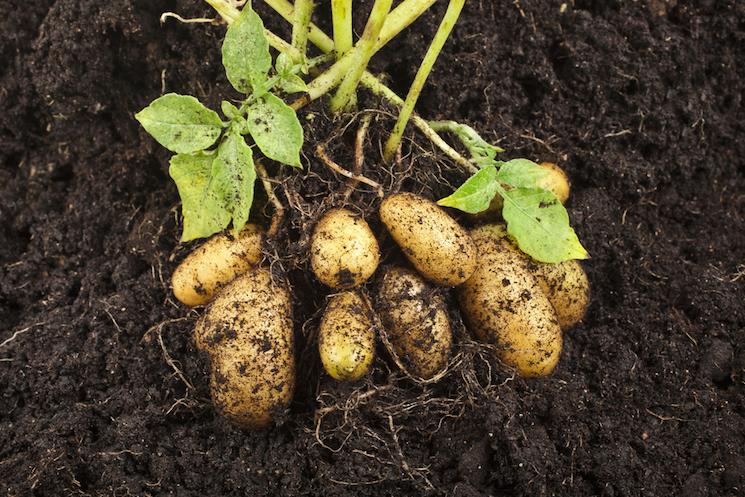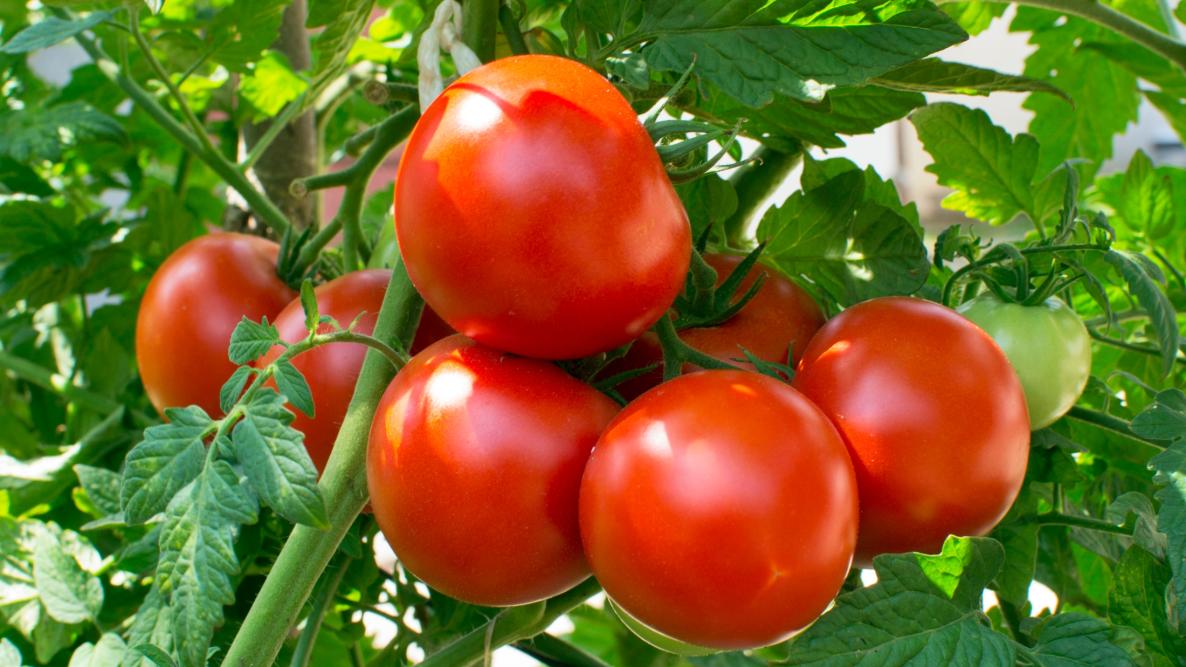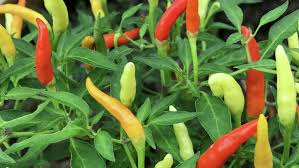What vegetables to plant in March?
March signals the kick off of our busy season. This is our guide to what vegetables to plant. As the warmer weather approaches its time to start sowing a wide varsity of seeds for flowers and vegetables both indoors and out.
March may be early in the year, you can sow a wide variety which will produce crops through out the seasons.
Tomato species and chillies such as Scotch bonnet and Habanero should be planted early. This will give them maximum growing time required. This will give a regular and full drop. Other “quick-grow” varieties such as salad leaves can be planted to enjoyed in early spring. A great tip is you can continue to plant every few weeks to harvest throughout the year.
Our top 5 vegetables to grow in March:
vegetables to plant 1: Potatoes
Potatoes are one of the easiest and robust things to grow. They can be grownin any container from our window boxes, raised beds or lined troughs.
You can start them until you see some small sprouts in seed trays or straight in the ground 10cm down in a layer of compost.

vegetables to plant: Salad leaves
Salads can be planted directly outdoors IF there is no risk of imminent frosts. Most people start them in trays to avoid clumping this includes our products!
With beautiful colours and variations in leaves, our lined platers look simply stunning when growing.

Fruit 😉 to plant: Tomatoes
Tomatoes a wonderful thing to grow. Our boys (currently 6 and 9) have their own mini troughs and cant wait to start planting.
You can start form scratch with seeds, or buy seedlings or sprouts from your local garden centre or nursery.
One of my absolute things to grow are beef steak tomatoes!

vegetables to plant: Peas
Peas (and beans) are a great way to show variations in your garden. The plants grow it can fill a taller space.
Peas should be planted in single or doubles lines normally about 5-6cm deep and about a foot (30 cm) apart.
They look superb in our lined troughs on decking or patios.

vegetables to plant: Chillies
buying starter kits allows you to grow indoor in coconut husk pots and can then be transferred to green houses or directly outside. They look great planted on a kitchen window ledge in one of the decorated window boxes.

There are lots more information on the BBC website regarding Gardening programmes
